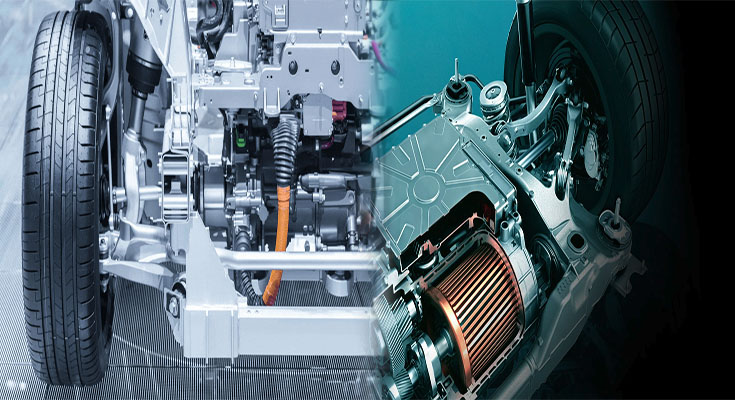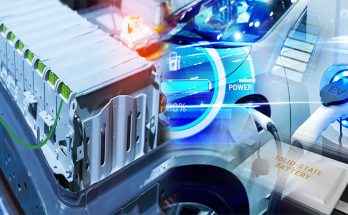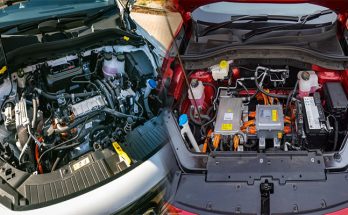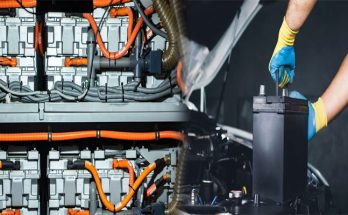As electric vehicles (EVs) continue to gain momentum, technological advancements are constantly improving their efficiency and performance. One area where significant gains are being made is in regenerative braking systems. By harnessing the kinetic energy generated during braking and seamlessly converting it back into electrical energy, these advanced systems are revolutionizing the efficiency of EV battery systems. In this article, we will explore the efficiency gains associated with advanced regenerative braking in EV battery systems.
Regenerative braking is a technology that allows EVs to recover and reuse energy that would otherwise be lost as heat during traditional friction-based braking. When a driver applies the brakes, the electric motor in the vehicle switches into a generator mode, converting the kinetic energy of the moving vehicle back into electrical energy. This energy is then stored in the vehicle’s battery for later use, reducing the overall need for frequent recharging.
The integration of advanced regenerative braking systems in EVs is leading to significant efficiency gains. One key benefit is the improved range. By capturing and storing energy that would typically be wasted, regenerative braking allows EVs to travel further on a single charge. This is especially useful in stop-and-go traffic conditions, where repeated braking and acceleration occur frequently. The recovered energy can be used to power the vehicle during subsequent accelerations, resulting in extended driving range.
Another advantage of regenerative braking is its contribution to improved fuel economy. The energy captured during braking reduces the reliance on the battery and allows for more efficient use of the stored electrical energy. Consequently, this reduces the load on the vehicle’s battery system, helping to maintain a higher state of charge for longer periods. This increased efficiency translates into better mileage and lower energy consumption, ultimately saving the vehicle owner money on fuel costs.
In addition to range and fuel economy improvements, regenerative braking also enhances overall driving experience. With traditional friction-based brakes, the braking process often feels abrupt and jerky. In contrast, regenerative braking provides a smoother and more controlled deceleration, thanks to the seamless transition from kinetic energy to electrical energy. This not only enhances driver comfort but also reduces wear and tear on the brake pads and other mechanical components, resulting in longer service life and reduced maintenance costs.
Furthermore, regenerative braking contributes to a more sustainable and environmentally friendly transportation system. By using the vehicle’s kinetic energy during braking, the need for additional energy from fossil fuel sources is reduced. This leads to a decrease in greenhouse gas emissions, helping to combat climate change and air pollution. As the adoption of EVs continues to grow, the widespread implementation of advanced regenerative braking systems will have a significant positive impact on our environment.
It’s important to note that while regenerative braking can recover a significant amount of energy, it cannot capture 100% of the kinetic energy during deceleration. There is still some energy loss due to various factors such as system inefficiencies and limitations in capturing energy during aggressive braking. However, continuous advancements in technology and engineering are further optimizing regenerative braking systems, aiming to maximize energy recovery and increase overall efficiency.
Advanced regenerative braking systems in EVs offer substantial efficiency gains by converting kinetic energy into electrical energy during deceleration. These gains result in increased driving range, improved fuel economy, enhanced driving experience, and reduced environmental impact. As the transportation industry increasingly shifts towards sustainable solutions, regenerative braking plays a pivotal role in maximizing the efficiency and performance of EV battery systems, making electric vehicles a compelling choice for environmentally conscious consumers.





